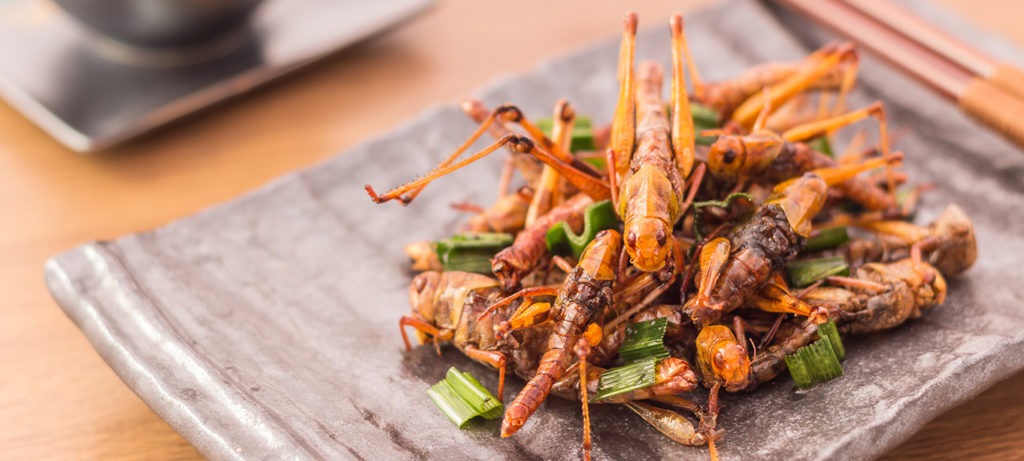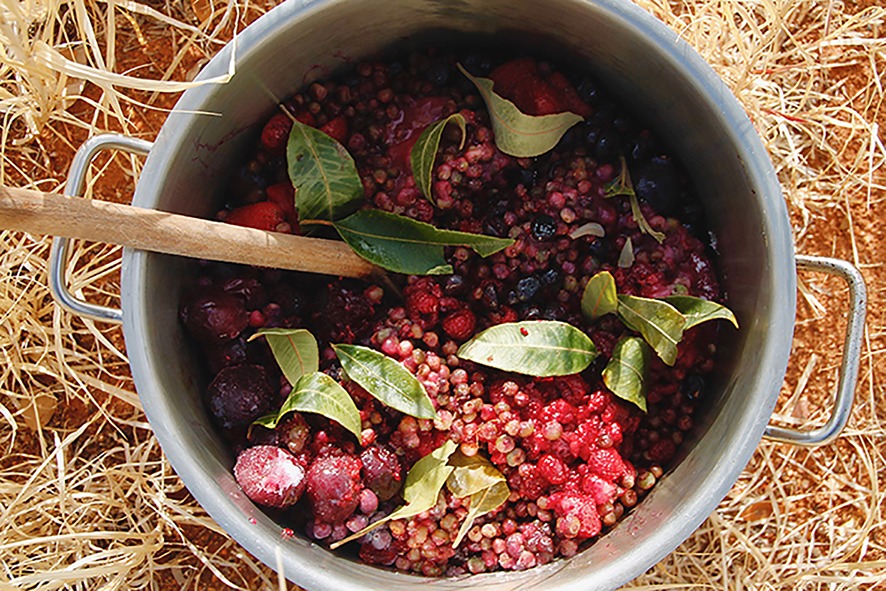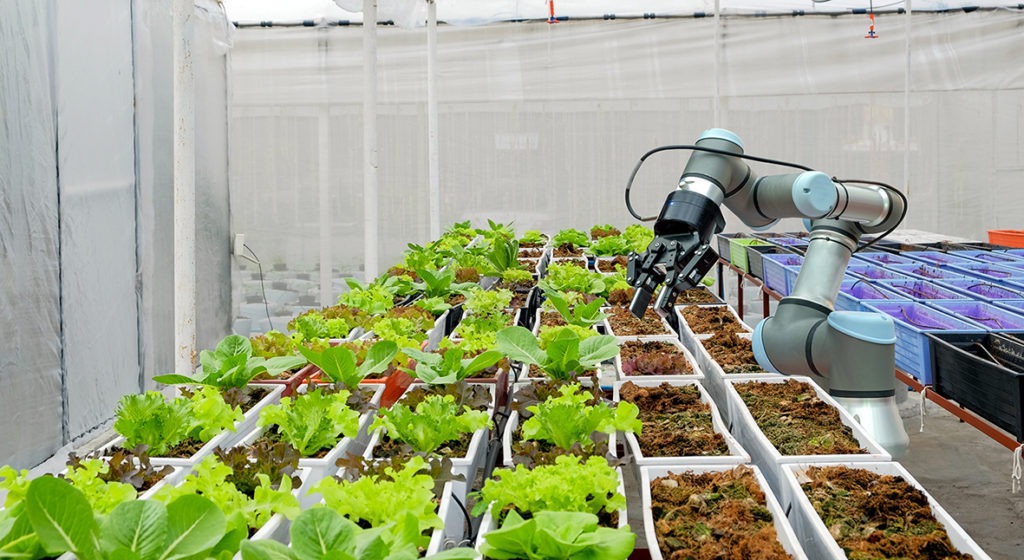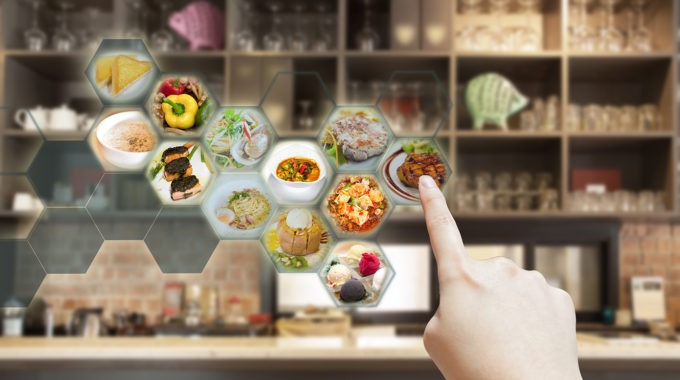What will we be eating in 2050?
Embracing a diverse range of plants and foods such as fungi, seaweed and insects are just some of the healthy and sustainable examples of what our growing population will likely be eating within the next 30 years. Deepening our understanding of Aboriginal and Torres Strait Islander peoples’ ecological knowledge, investing in high-tech food production, boosting locally-grown produce and enhancing our cooking skills will also be vital if we‘re to transform our food supply and ensure these foods can reach our plates in 2050. These issues were on the table at yesterday’s Dietitians Australia National Conference, which held a “What will we be eating in 2050?” expert panel session.
Renowned science communicator Associate Professor Paul Willis guided a panel of five Accredited Practising Dietitians through a hypothetical scenario of what our food supply will look like in 2050. Professor Mark Lawrence, Dr Rosemary Stanton, Nicole Senior, Tracy Hardy and Emma Stirling each represented different food system stakeholders. And each provided a perspective on public health, nutrition, food production and Indigenous Australian food culture. But the panel faced a challenging task. Current trends place doubt over our future food supply. So it’s essential to explore what can be done to ensure our future population is adequately nourished with sustainable foods.

People over profits
“Globally, we’re facing serious food security issues, as we grapple with how to produce enough nutritious food to feed our growing population [estimated to reach almost 10 billion people by 2050] in a warmer and more turbulent climate,” Willis says.
There are calls for the broader food industry to accept greater ethical responsibility. There’s also a need to advance food science to produce more nutritious food. But Dr Stanton says that there is one fundamental issue that needs to be addressed.
“We must change our mindset from thinking of foods as just a profitable commodity,” she says. “We need to put the health of our population and the environment first. And we need to prioritise food production that’s both nutritious and supports our environment. This means highly processed, nutrient-poor foods need to be dramatically reduced. We also need to consider the types and quantities of animal foods we produce.”

Rethinking our food heritage
Hardy, a proud Gamilaroi descendant and founder of Wattleseed Nutrition & Dietetics, encourages looking to the past successes of Aboriginal and Torres Strait Islander peoples’ care and management of the land to embrace a brighter food future for Australia.
“First Nations peoples of Australia hold a wealth of knowledge about landcare, native food and connection to country” she says. “We can celebrate this and make it part of our food heritage. It’s about working in partnership with First Nations peoples. Working towards the shared goal of producing unique, nutritious, sustainable food in harmony with the land.”

Think local
The use of precision agriculture, artificial intelligence and robotics will play a key role in the future of food. But there’s also a lot that each of us can achieve with traditional gardening and cooking. Growing food locally and cooking and sharing meals not only supports a more resilient, sustainable food system; it can also offer social and psychological benefits.
“Implementing community gardens, urban agriculture and kitchens in homes, schools and workplaces are just some of the ways communities can access nutritious food and work towards a zero-food waste target,” Dr Stanton says. “When it comes to food, we need to get back to a more empowered, hands-on, personal approach.”









